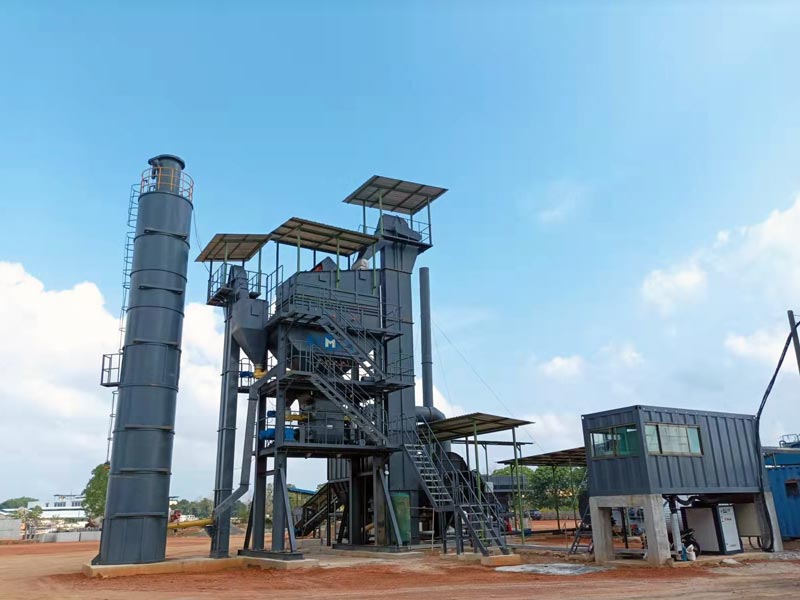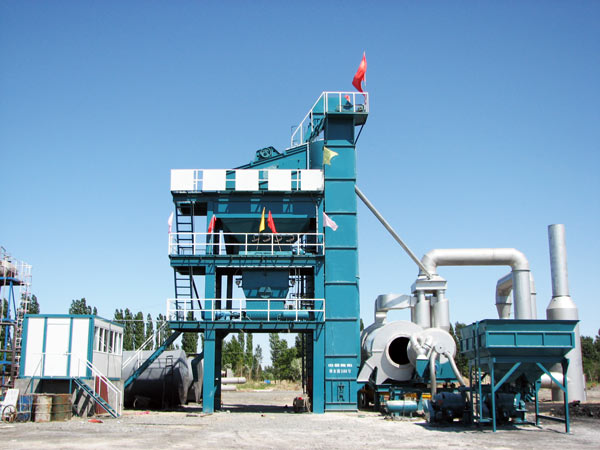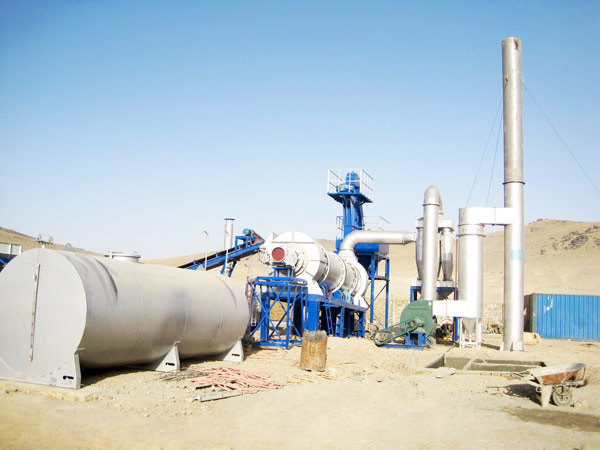In the realm of industrial automation, intelligent control systems based on the Industrial Internet of Things (IoT) are rapidly gaining ground over traditional Programmable Logic Controller (PLC)-based systems. This shift is particularly evident in two key dimensions: data collection capabilities and remote control functionalities. Understanding these advantages can help businesses optimize their operations and enhance efficiency.

Enhanced Data Collection Capabilities
One of the standout features of intelligent control systems is their superior data collection capabilities. Unlike PLCs, which primarily focus on executing programmed instructions, intelligent systems leverage advanced sensors and real-time data analytics to gather comprehensive information from various sources. This allows for a more holistic view of the operational environment.
For instance, in asphalt mixing plants, intelligent control systems can seamlessly integrate data from multiple points, such as temperature, humidity, and material flow rates. This real-time data enables operators to make informed decisions quickly. In contrast, PLCs typically offer limited data collection, often restricted to basic operational metrics. As a result, businesses that utilize intelligent systems can identify inefficiencies, predict maintenance needs, and optimize processes more effectively.
Additionally, intelligent systems often employ machine learning algorithms to analyze data trends over time, providing deeper insights into performance variations. This capability is crucial for batch asphalt mixing plants, where small changes in material properties can significantly impact product quality. By continuously monitoring and analyzing data, operators can adjust processes proactively, ensuring consistent output and reduced waste.

Superior Remote Control Functionalities
Another significant advantage of intelligent control systems is their enhanced remote control capabilities. With the advent of IIoT, operators can monitor and control processes from virtually anywhere, using smartphones, tablets, or computers. This flexibility is a game-changer for businesses, allowing for real-time adjustments without the need for physical presence on-site.
For example, in stationary asphalt mixing plants, operators can remotely adjust mixing parameters, monitor equipment performance, and receive alerts about potential issues. This remote access not only improves response times but also allows for better resource management. In contrast, traditional PLC-based systems often require on-site intervention for adjustments, leading to delays and increased downtime.
Moreover, intelligent control systems can facilitate collaborative decision-making by enabling multiple stakeholders to access the same data in real time. This is particularly beneficial for projects involving multiple teams, such as those involved in large-scale construction efforts. By streamlining communication and providing immediate access to operational data, these systems enhance overall productivity and efficiency.

Integration with Advanced Technologies
Intelligent control systems also excel in their ability to integrate with advanced technologies such as artificial intelligence, cloud computing, and big data analytics. This integration allows for more sophisticated data processing and decision-making capabilities compared to traditional PLC systems. For instance, in the context of asphalt production, data from various mixing plants—be it mobile or mini asphalt mixing plants—can be aggregated in the cloud for comprehensive analysis.
This capability enables asphalt plant operators to benchmark performance across different facilities, identify best practices, and implement improvements across the board. Furthermore, the scalability of these systems means that as plants expand or upgrade their technology, the intelligent control systems can adapt without significant reconfiguration.
In summary, the transition from PLC-based systems to intelligent control systems offers substantial benefits in data collection and remote control functionalities. By harnessing the power of the IIoT, businesses can achieve greater efficiency in the asphalt plants, enhanced decision-making, and improved operational performance—essential elements for success in today’s competitive industrial landscape. Embracing these advanced systems will not only streamline processes but will also position companies favorably for future growth and innovation.